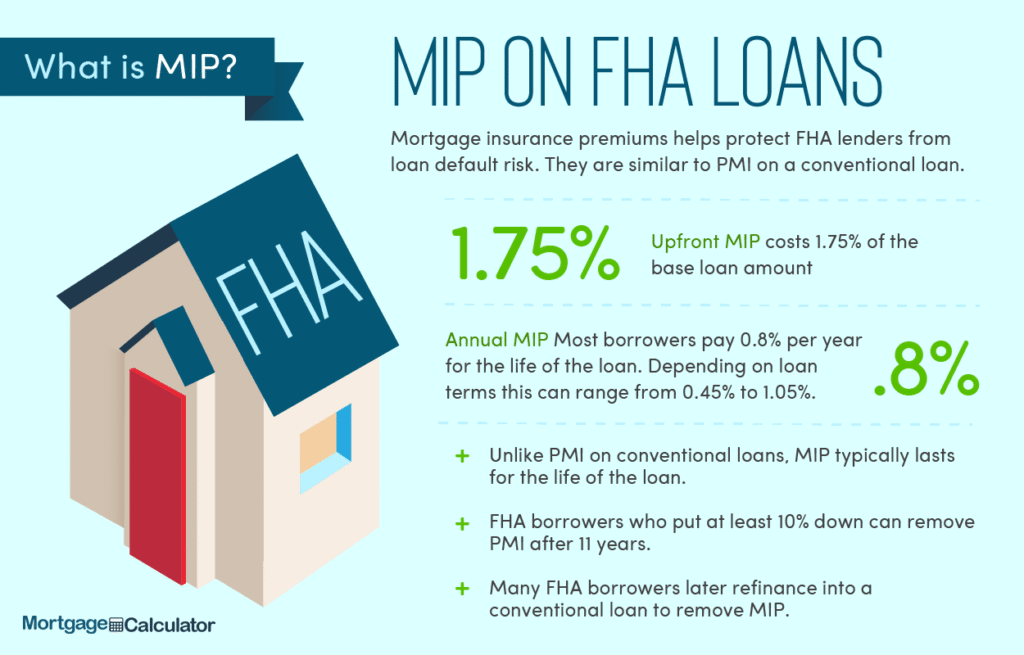Finding the right advice for managing personal finances or investing can feel overwhelming with various options available. Financial advice can come from traditional human advisors, more specific financial planners, or the increasingly popular robo-advisors. Understanding the differences between these options is crucial in making an informed decision that aligns with your financial goals.
Defining the Landscape
The world of financial advice is diverse, offering multiple avenues for personal finance and investment management. Knowing what each type of advisor does can help clarify your options.
What is a Financial Advisor?
Financial advisors provide a broad range of financial services, from investment management to retirement planning. They often work for a fee or commission and can offer personalized advice based on your financial situation.

What is a Financial Planner?
A financial planner specifically focuses on creating a strategy for meeting long-term financial goals. Certified Financial Planner (CFP) professionals undergo rigorous testing and are held to a high standard of ethics and education.
What is a Robo-Advisor?
Robo-advisors are digital platforms that provide automated, algorithm-driven financial planning services. These services can include automatic rebalancing, tax optimization, and even selecting investments. They typically charge lower fees than human advisors.

Comparing the Costs
Different types of advisors come with varying cost structures. Financial advisors and planners might charge a percentage of assets, a flat fee, or commission, while robo-advisors usually charge a lower percentage of assets under management (AUM).
Personalization and Relationship
The level of personalization and relationship can vary significantly. Traditional advisors offer a more personal touch with tailored advice, whereas robo-advisors provide more generic advice based on algorithms.
Accessibility and Technology
Robo-advisors are easily accessible online, making them a great option for those comfortable with managing their finances through apps or websites. Traditional advisors might offer digital options but are more accessible through in-person or phone consultations.
Investment Strategies
Each type of advisor may have different investment strategies. Human advisors can adapt strategies based on changing market conditions or personal circumstances, whereas robo-advisors stick to predefined algorithms.
Services Offered
While there’s overlap, some services like tax or estate planning might only be available through certain types of advisors. Knowing what services you need can help determine the best type of advisor for you.
Regulation and Security
All financial advisors, planners, and robo-advisors must follow regulations, but the level of consumer protection can differ. It’s important to research each option to ensure they meet your needs for security and credibility.
Who Should Use a Financial Advisor?
Those with more complex financial situations or who prefer a human touch might benefit from a traditional financial advisor.
Who Should Use a Financial Planner?
If you have specific goals like saving for college, retirement, or creating an estate plan, a financial planner could be your best bet.
Who Should Use a Robo-Advisor?
Robo-advisors are ideal for those who are comfortable with technology and are looking for a low-cost, hands-off approach to investment management.
Combining Services
It’s also possible to combine services, using a robo-advisor for basic investment management while consulting a human advisor for more complex needs.
Making the Decision
Choosing between a financial advisor, financial planner, and robo-advisor depends on your personal financial situation, goals, and how much you value human interaction.

Conclusion
Regardless of the type you choose, ensuring your financial advisor’s approach aligns with your goals is key. Personal finance is just that—personal—and the right advisor can make all the difference in achieving your financial dreams.
Frequently Asked Questions
Can I switch between different types of advisors? Yes, you can switch between advisors as your financial needs and goals evolve.
Are robo-advisors less effective than human advisors? Not necessarily. Robo-advisors can be very effective for certain types of investors and specific financial planning needs.
Do all financial planners charge the same way? No, financial planners can charge in various ways, including flat fees, hourly rates, or a percentage of assets under management.
How often should I review my financial plan? It’s recommended to review your financial plan at least annually, or as significant life events occur that could impact your financial situation.
Can robo-advisors handle complex financial situations? While robo-advisors are improving, they may not be able to fully address more complex financial planning needs where human judgment is key.


